Search Results
Showing results 641 to 660 of 661

Shake It Up!
Source Institutions
Learners drop a magnet through a coil of wire to create electric current in a circuit. LEDs in the circuit allow learners to detect the direction of current flow.
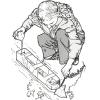
Hold It
Source Institutions
In this outdoor activity/field trip, learners investigate the special shapes, holding structures and holding behaviors that real organisms use in streams, rivers, creeks or coast intertidal zones to a
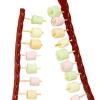
Reading DNA
Source Institutions
In this activity, learners use edible models of the DNA molecule to transcribe an mRNA sequence, and then translate it into a protein.
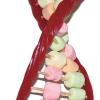
Have Your DNA and Eat It Too
Source Institutions
In this activity, learners build edible models of DNA, while learning basic DNA structure and the rules of base pairing.
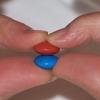
Survival of the Fittest: Battling Beetles
Source Institutions
This guided inquiry three-part activity engages learners in thinking about the mechanism of natural selection through data collection and pattern recognition.

Rhythm Painting
Source Institutions
In this activity, early learners create paintings by making music and rhythm. Learners place paper in cans, add paint-soaked beans (or pebbles) and put the tops on.
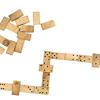
Domino Trains
Source Institutions
In this activity, learners practice matching and subitizing as they create the longest domino train possible.
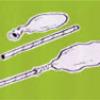
Blimp Jet Challenge
Source Institutions
In this design challenge activity, learners add a jet-propulsion system (i.e. a balloon) to a blimp so it flies straight and far under its own power.
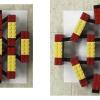
Exploring the Nanoworld with LEGO Bricks: Structure-Property Relationships at the Nanoscale
Source Institutions
In this activity (pages 32-41), learners learn how the atomic and molecular arrangement of matter are related to physical properties.
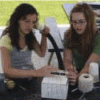
Headphone Helper
Source Institutions
In this design challenge activity, learners add headphones to a previously built instrument (see "Build a Band" activity) to make it easier to hear.
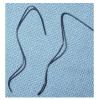
Shape Up!
Source Institutions
In this activity (pages 8-9), learners investigate the properties of smart materials, which are materials that respond to things that happen around them.
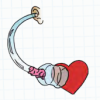
Heart to Heart
Source Institutions
In this activity, learners compare ways to measure their heart rates. Learners build their own stethoscopes and learn how exercise affects heart rate.
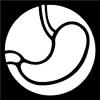
A Walk Through the Gut
Source Institutions
This simulation helps learners understand what happens to food as it passes through the digestive system.
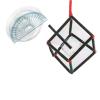
Bubble Geometry
Source Institutions
In this activity, learners use geometry in observing the shapes and angles soap bubbles create when they join together.
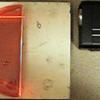
Laser Jello
Source Institutions
In this activity, learners use gelatin as a lens to investigate the properties of laser light.
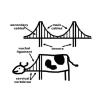
Scientific Measurement Exercise
Source Institutions
Learners measure irregularly shaped bones using a variety of measurement methods and tools. Then, they measure again using standard conventions and metric tape measures.

Chocolate Chip Cookie Constellations
Source Institutions
This chocolate chip cookie recipe includes templates for baking night sky constellations of the season right on top! Two templates are included, one for 9pm mid-April, and one for 10pm mid-July.
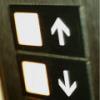
Engineering Ups and Downs
Source Institutions
In this activity, learners explore the engineering and principles behind working elevators.
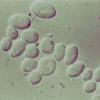
Yeast DNA Extraction
Source Institutions
This laboratory exercise is designed to show learners how DNA can easily be extracted from yeast using simple materials.
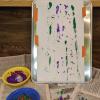
Ramp Painting
Source Institutions
In this activity, learners will dip different items in paint and then roll those items down a ramp. Learners will use science process skills such as observations and experimenting.
